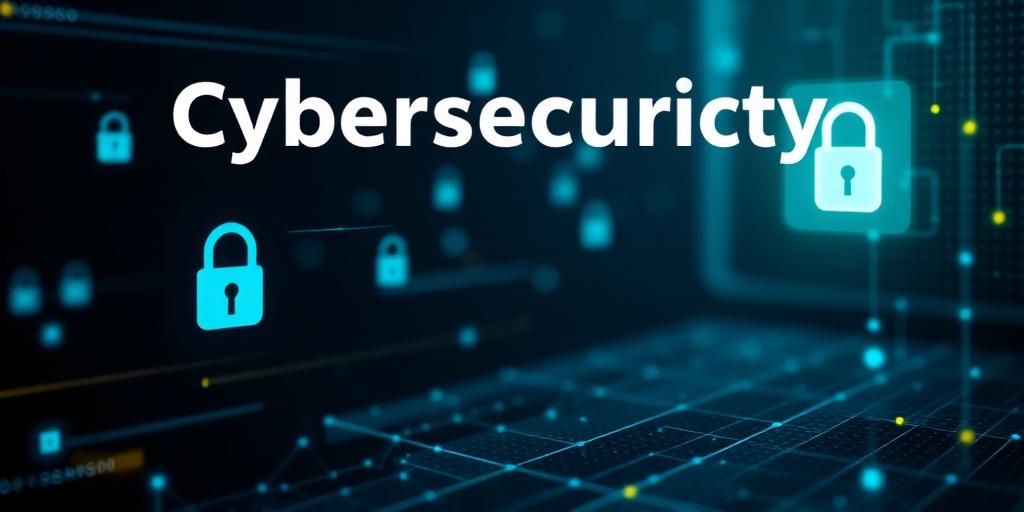The landscape of cybersecurity is evolving at an unprecedented pace, driven by sophisticated threats and an increasing reliance on digital infrastructure. For professionals navigating this complex domain, certifications serve as a crucial benchmark, validating expertise and demonstrating a commitment to staying ahead of the curve. Far from being mere credentials, these certifications are powerful tools for career advancement, opening doors to new opportunities and higher earning potential. This guide will delineate the top cybersecurity certifications that are indispensable for bolstering your career.
The Indispensable Value of Cybersecurity Certifications
In a field where practical skills and up-to-date knowledge are paramount, certifications provide a standardized measure of a professional's capabilities. They signify a mastery of specific domains, ranging from ethical hacking and incident response to secure cloud architectures and information system auditing. Employers highly value certified professionals, as these credentials often indicate a foundational understanding, practical experience, and a dedication to continuous professional development. Pursuing these top cybersecurity certs 2024 can significantly enhance your professional trajectory.
Top 10 Cybersecurity Certifications to Elevate Your Career
Choosing the right certification depends on your current role, career aspirations, and desired specialization. The following list comprises best cybersecurity certifications for career growth, spanning various levels of expertise and areas of focus.
1. (ISC)² CISSP (Certified Information Systems Security Professional)
Considered the gold standard in information security, CISSP is ideal for experienced security practitioners, managers, and executives. It validates expertise across eight domains of information security, including security and risk management, asset security, and security operations. Achieving CISSP demonstrates a comprehensive understanding of cybersecurity principles and practices, making it a critical credential for leadership roles.
2. CompTIA Security+
An excellent entry-level cybersecurity certification, Security+ is foundational for anyone starting a career in cybersecurity. It covers core security functions, including threat management, risk mitigation, cryptography, and network security. This vendor-neutral certification provides a solid baseline for understanding critical security concepts and is widely recognized across the industry.
3. CompTIA CySA+ (Cybersecurity Analyst+)
Building upon Security+, CySA+ is designed for cybersecurity analysts, vulnerability analysts, and threat intelligence analysts. It focuses on practical, hands-on skills in security analytics, intrusion detection, and response. This certification is particularly valuable for those aiming for roles that involve actively monitoring, detecting, and combating cyber threats.
4. (ISC)² CCSP (Certified Cloud Security Professional)
With the pervasive adoption of cloud technologies, the CCSP certification is becoming increasingly vital. It validates expertise in cloud security architecture, design, operations, and service orchestration. For professionals involved in securing cloud environments, this certification proves essential for navigating the unique challenges and responsibilities associated with cloud data and infrastructure.
5. EC-Council CEH (Certified Ethical Hacker)
CEH focuses on ethical hacking techniques and methodologies, teaching professionals how to think like a malicious hacker to identify vulnerabilities and strengthen defenses. This certification is highly sought after for roles in penetration testing, security auditing, and vulnerability assessment. It's a pragmatic choice for those who want to actively probe and secure systems.
6. ISACA CISM (Certified Information Security Manager)
CISM is tailored for information security managers, offering expertise in security governance, program development, incident management, and risk management. It bridges the gap between technical expertise and strategic business objectives, making it ideal for professionals transitioning into management or leadership positions.
7. ISACA CISA (Certified Information Systems Auditor)
For professionals focused on auditing, control, and assurance of information systems, CISA is the definitive certification. It validates the ability to manage IT vulnerabilities, ensure compliance, and institute effective controls within an organization's IT infrastructure. CISA is a must-have for IT auditors and compliance professionals.
8. GIAC GSEC (GIAC Security Essentials Certification)
GSEC is an intermediate-level certification that covers a wide range of security fundamentals, including active defense, access control, and network security. It is highly practical and hands-on, making it an excellent choice for security professionals seeking to solidify their technical skills and understand core security concepts deeply.
9. GIAC GCIH (GIAC Certified Incident Handler)
GCIH focuses on incident handling and response, forensics, and legal issues. It equips professionals with the skills to detect, respond to, and resolve security incidents effectively. This certification is invaluable for those in incident response teams, security operations centers (SOCs), and digital forensics roles.
10. Offensive Security OSCP (Offensive Security Certified Professional)
OSCP is an extremely challenging, hands-on certification revered in the penetration testing community. It requires candidates to successfully compromise a series of live machines within a challenging lab environment. For those aspiring to become penetration testers or red team members, OSCP is a true testament to practical hacking skills and an advanced cybersecurity certification.
Strategic Selection: Choosing Your Path
Selecting the appropriate certification is a strategic decision that should align with your career goals. Consider your current expertise, the roles you aspire to, and the specific domain of cybersecurity you wish to specialize in. Research the prerequisites, exam formats, and typical job roles associated with each credential to ensure it fits your professional development plan. Investing in these certifications is an investment in your future, providing a significant cybersecurity career boost with certifications.
Conclusion
In a competitive and rapidly evolving field, cybersecurity certifications are more than just badges of honor; they are essential validators of expertise and catalysts for career advancement. By strategically pursuing the right credentials, cybersecurity professionals can not only demonstrate their capabilities but also gain the advanced knowledge required to tackle the most pressing digital threats. Equip yourself with these top certifications and solidify your position as a highly capable and sought-after cybersecurity expert.




